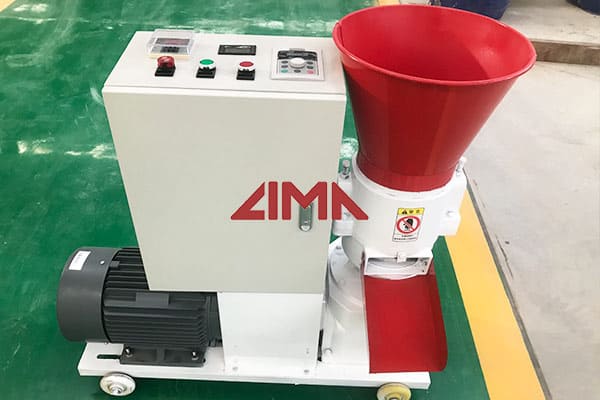
Two experiments were carried out with a split-plot design over time using White Leghorn hens, 161 days of age. The experiments were conducted to determine the effect of two ambient temperatures (21.1 versus 29.4 C in Experiment 1 and 21.1 versus 33.3 C in Experiment 2) on feed and water consumption

2014/10/06 · From sunrise until about 12.30pm trialled birds consumed between 6g to 8g/ hen/ hour. In contrast afternoon consumption averaged 9g to 10g/hen/hour. “Layer flock managers often feed more in the first half of the day, which is actually not
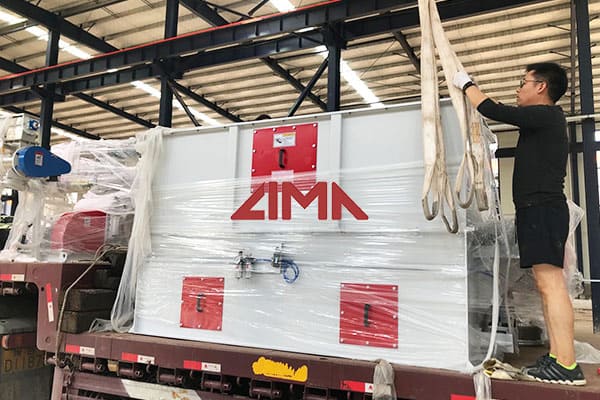
2021/04/23 · Proper feed intake can be checked via crop filling. Ten hours after placement, 80% of the chicks should have a filled crop, which should go up to 95% twenty-four hours after placement. Feed intake is still limited during the first 5 weeks of the chick’s lifetime, due to the limited capacity of the gastrointestinal tract.
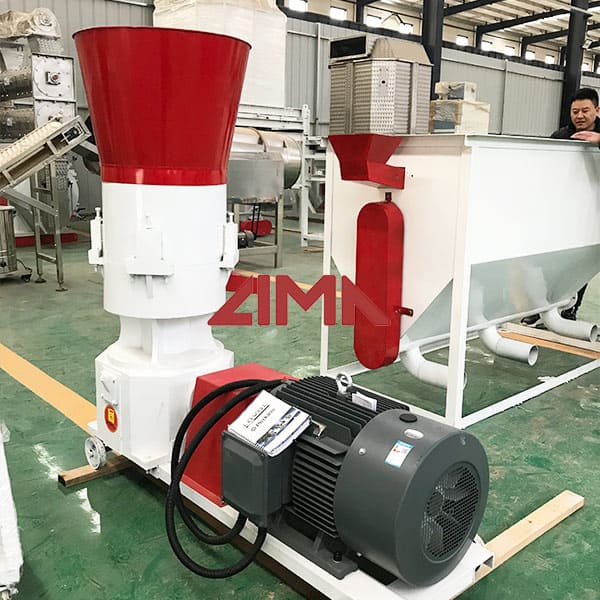
2020/11/30 · The development of the digestive tract is heavily influenced by feed particle size. In general, chickens consuming feed containing large particles will develop bigger and more muscular gizzards, these birds will also develop longer intestinal tracts. The larger the feed particle, the more time the particle will spend in the gizzard.

Chicken Mini A crumbled compound feed without anti-coccidiosides. Suitable for reared chickens of the laying hen type till the end of their 4 weeks of age. It Chicken Midi From the 5th week to the end of the 20 week old chickens.
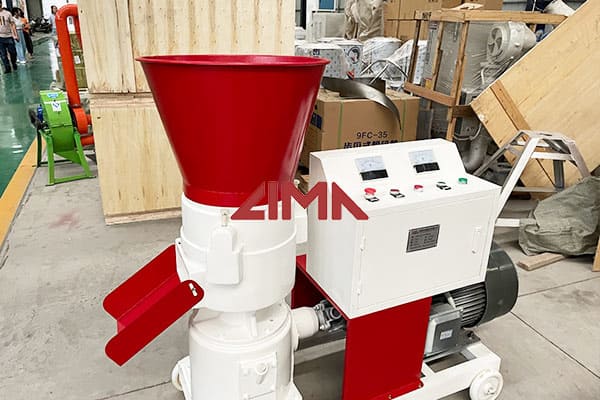
1. The experiment was conducted to evaluate the effects of cereal types (maize or wheat) and feed forms (pelleted or mash feed) on production performance, egg quality and egg sanitary indices in laying hens.2. Three hundred and sixty hens (Jinghong No. 1) at 18 weeks of age were randomly assigned to
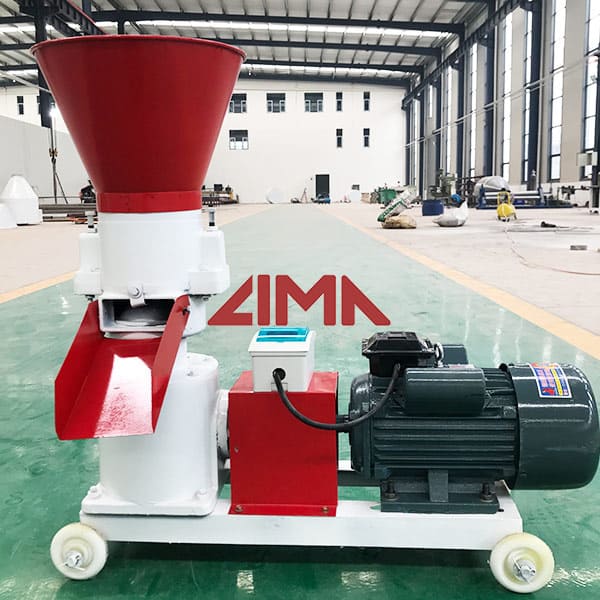
2020/01/24 · Again, if your laying hens fill up on the scraps, they aren’t filling up on their properly balanced laying feed. On the other hand, greens and many table scraps also provide nutrients that they aren’t getting in their dried out, highly processed layer feed.
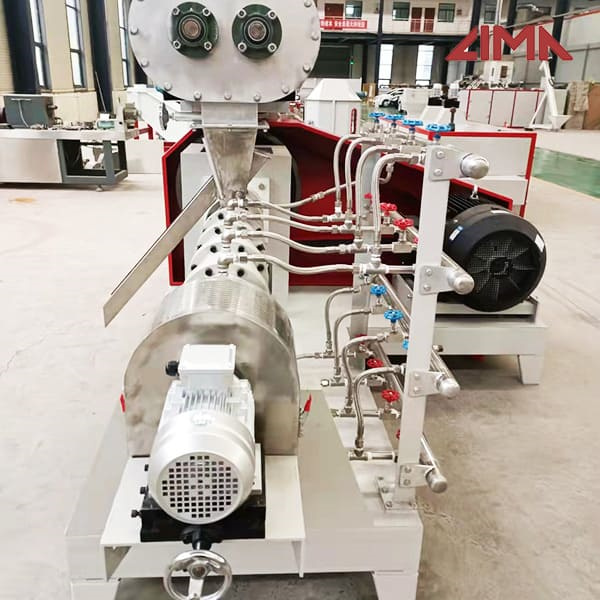
FANWAY Fish Feed MachineryJan 19, 2018 · 十一月 02, 2017. On June, 10th, 2017, our 1t/h dry type fish feed pellet extruder was shipped to Plateau state, Nigeria. This floating fis
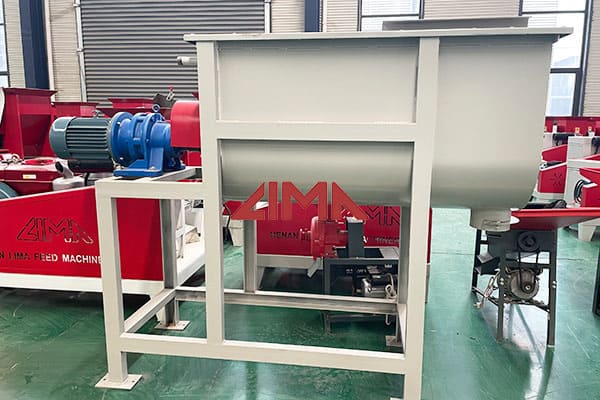
2020/02/07 · Feeding Pullets With The Layers Feed. The layers feed is the standard feed required to stimulate and enhance laying. With or without the layers feed, the pullets will lay but the quantity and quality of the eggs become questionable. The layers feed contains 16-18 % CP and 2750-2850 kcal ME/kg.
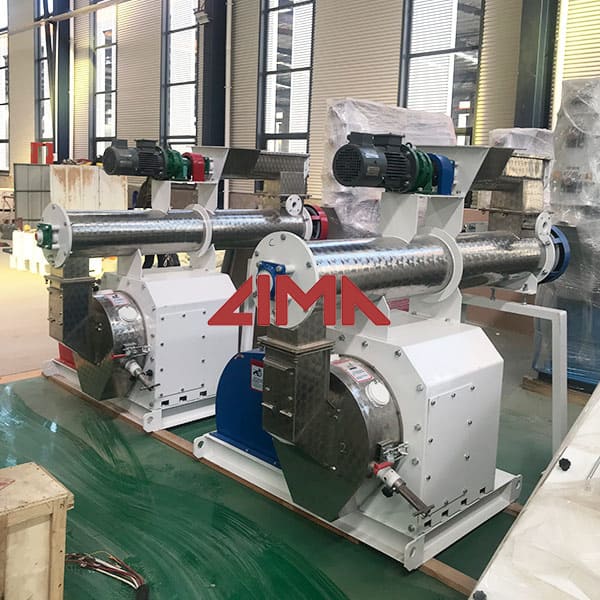
2022/05/05 · Point-of-Lay is the phrase we use to describe pullets approaching the age when they start laying eggs. How soon they start laying depends on their parent stock as well as the condition of brooding and rearing. Expected laying ranges between 18 to 22 weeks of age. Thus an early purchase enables the hens to adapt to farm conditions and management

2 Tons per hour capacity Feed mill for Sale here in Ibadan We have a used feed-mill plant for sale with the technical details as follows: 1. 1 Tonne Capacity Vertical feed Mixer 2. 1 Tonne Capacity Hammer Mill 3. 500 KG Avery 5. 0.5
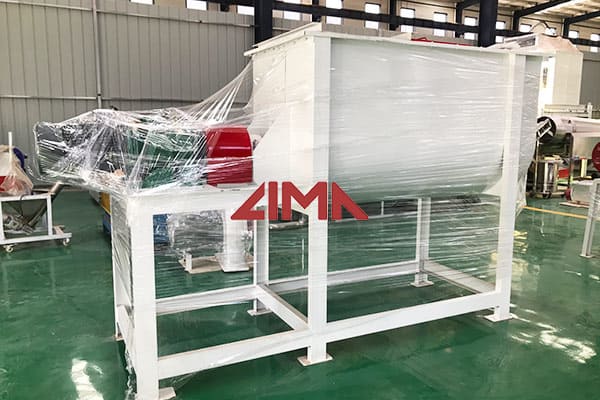
2016/06/23 · Citation :- Egg production and quality characteristics of laying hens fed diets supplemented with dry caper (Capparis spinosa) leaf powder.Indian Journal of Animal Research.2018.(52):72-78 Arda Yildirim, Ahmet

2019/03/30 · Layer poultry farming means raising egg laying poultry birds for the purpose of commercial egg production. Layer chickens are such a special species of hens, which need to be raised from when they are one day old. They start laying eggs commercially from 18-19 weeks of age. They remain laying eggs continuously till their 72-78 weeks of age.

Efficient, docile, and capable of laying up to 500 eggs in its lifetime, the Dekalb laying hens are a perfect fit for the modern chicken farmer. We believe that new opportunities for success are ahead, and we are excited to help you conquer whatever comes next. The Dekalb parent stock are recognized for producing large numbers of hatching eggs
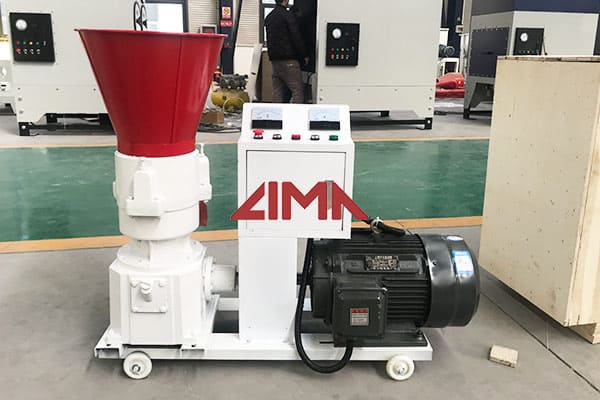
2016/03/01 · To fulfill the Met+Cys content in the organic diet, levels of other amino acids increased by 13 (tryptophan) to 31% (threonine), whereas CP and digestible CP increased, with 12 and 13%, respectively. This is far above optimum levels for laying hens, as recommended by Schutte [ 7 ]. A move from 95 to 100% organic diets exacerbates this effect